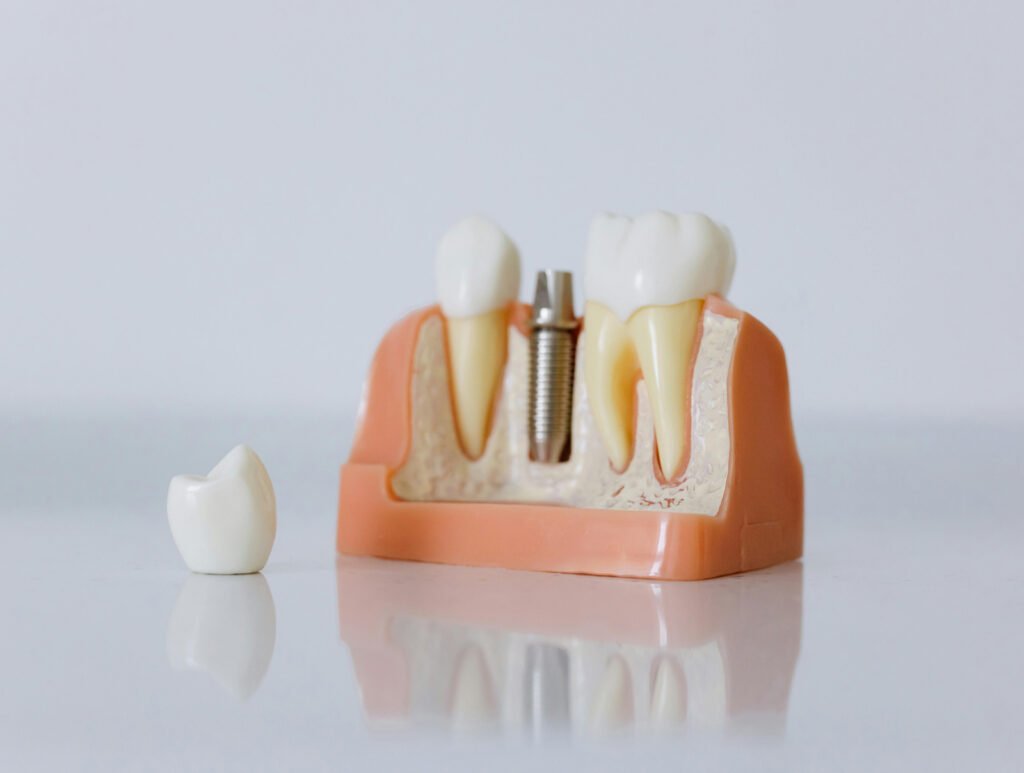Introduction:
The advancement of dental implants has provided an effective solution for replacing missing teeth. However, as with any surgical procedure, there are potential risks and complications associated with dental implant surgery. Being informed about these risks is crucial for making well-informed decisions about your dental health.
Explaining Dental Implants:
Dental implants serve as artificial tooth roots surgically implanted into the jawbone. They offer a stable foundation for replacement teeth, such as crowns or dentures, restoring both the appearance and functionality of natural teeth. Their popularity lies in their ability to offer long-lasting solutions with minimal maintenance.
Initial Evaluation:
Prior to undergoing dental implant surgery, a thorough assessment is necessary. Various factors, including overall health, bone density, and gum condition, are evaluated to determine suitability for the procedure. Experienced dental professionals play a vital role in conducting comprehensive assessments and providing tailored recommendations.
Typical Complications and Risks:
Despite the generally high success rate of dental implant surgery, there are potential complications to be aware of:
Infection: Though uncommon, infections can occur post-surgery, necessitating antibiotic treatment.
Nerve Damage: Damage to nearby nerves may result in temporary or permanent sensations of numbness or tingling in the mouth.
Tissue Damage: Improper surgical technique can lead to damage to surrounding tissues, resulting in complications.
Implant Failure: Factors such as inadequate osseointegration or excessive biting forces can contribute to implant failure.
Bone Loss: Occasionally, bone loss may occur around the implant, compromising its stability.
Allergic Reactions: Some individuals may experience allergic reactions to implant materials, presenting as inflammation or discomfort in surrounding tissues.
Strategies for Risk Reduction:
To minimize the likelihood of complications, patients are advised to:
- Choose a reputable and skilled dental professional for their implant surgery.
- Adhere closely to pre- and post-operative instructions, including maintaining excellent oral hygiene.
- Attend regular follow-up appointments to monitor healing progress and address any concerns promptly.
Conclusion:
While dental implant surgery offers significant benefits, it’s essential to understand the potential risks involved. By being informed about these risks and taking proactive steps, patients can increase the likelihood of a successful outcome and enjoy the advantages of a restored smile.
Interested in exploring dental implant in Nowra? Reach out to Nowra Dentists today for personalized consultation and comprehensive care.


